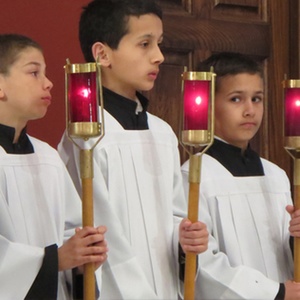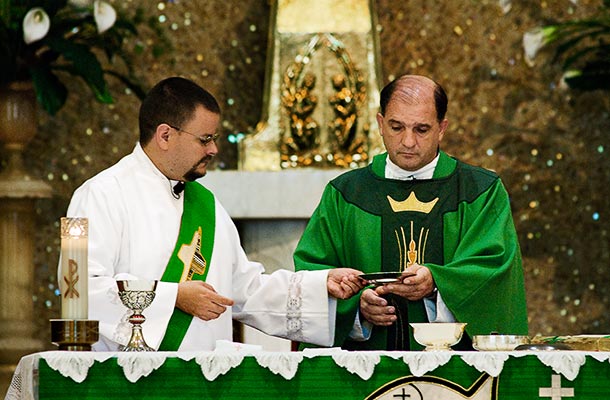^^^ Didn't have the slightest clue who Phoebe was until after reading my posts, and then immediately appointed himself expert on Epistles to the Romans
I love how I get you to start frantically Googling topics you didn't know anything about before me
 KJV is a 500 year old English translation.
KJV is a 500 year old English translation.
Linguistics and the art of translation have dramatically improved in the last 500 years.
You don't seem to be aware of that.
And newer translations like NIV correctly identify Phoebe as a Deacon in the church, which in the first century historical context meant she was a high ranking Christian designated to work with the elders in a variety of ways.
If she was just a maidservant baking cookies for the Sunday liturgy Paul would have not trusted her to be his emissary to the Church in Rome, which was an extremely important project for Paul.



